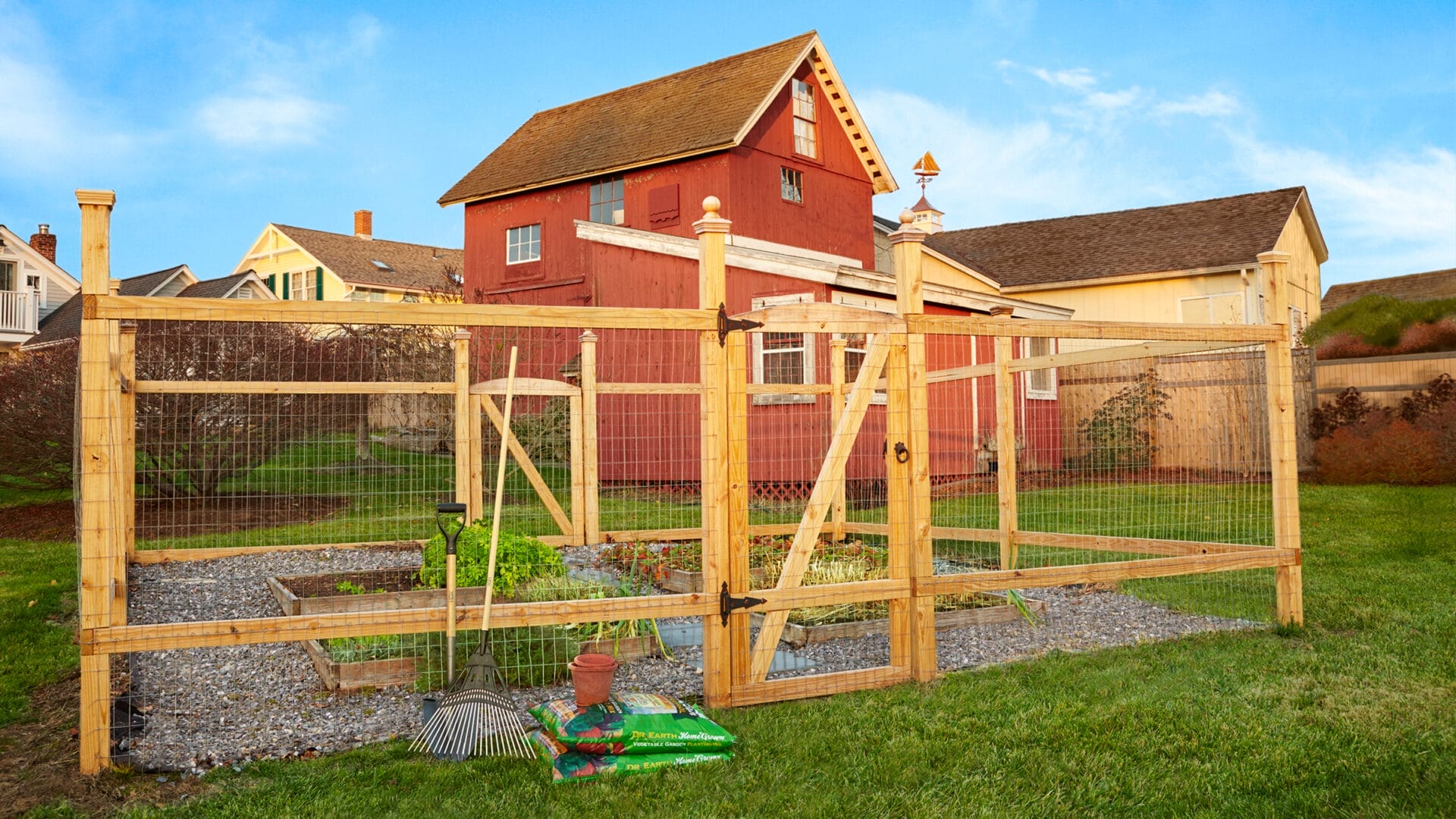Owning your own home has long been a part of the American dream. But, being able to purchase a home is really only the beginning of what it means to be a homeowner. Unlike renting, owning your own home means you’re in charge of every decision made.
It also means you’re responsible for anything that goes wrong and maintaining your home regularly. Homeownership can demand a lot from you. But, by keeping up with routine maintenance, you can save yourself a lot of time, money, and even some headaches as you reduce the risk of things breaking or falling apart.
Preventative maintenance should be done throughout the year to prepare for each season and to make sure the condition of your home is always in top shape. You don’t have to be an experienced handyman or even have a major budget to tackle home maintenance projects. But, understanding what the most important ones are will give you a leg up on keeping your home safe and sound.
Let’s cover a few important routine maintenance items that need your attention. The sooner you stay on top of them, the better the condition of your home will be.
Keeping Yourself Safe
Many home maintenance practices are designed to keep your house, yourself, and your family safe. Thankfully, once you understand some potential safety risks within the home, it’s easier to spot potential dangers and fix them before they become too problematic.
If your home is older, for example, it’s important to look for things like structural issues and other signs of aging. Although older homes are often beautiful, some of the construction materials used could be harmful. Homes built before 1985, for example, could contain asbestos in the walls or roofing materials. So, if you’re planning to patch up a spot in the roof or tear down a wall to expand a room, consider working with a professional to remove the hazardous materials beforehand.
Other common home hazards to be aware of, especially in older buildings, include:
- Lead paint
- Poor air quality
- Radon (stemming from cracks in the foundation)
- Termites
- Faulty wiring that could cause a fire
Keep in mind that you may not always be able to identify potential risks until they start to cause problems. For example, underground leaks can put your health at risk with mold growth. Leak detection is incredibly important, so make sure you have a routine plan to review, identify, and correct leaks in your home before they cause serious damage.
Making Sure the Little Things Don’t Become Big Problems
Home maintenance doesn’t have to be overwhelming or expensive. In fact, by taking care of “little things” regularly, you can avoid bigger, costlier problems. Use the following ideas to inspire you to get started:
- Seal up doors and windows to prevent air leaks
- Wash out debris from your faucets
- Patch small drywall holes
- Fix dents in wood floors
- Repair window/door screens
Sometimes, home maintenance requires little more than “checking in.” Create a schedule for yourself that reminds you to check on certain appliances, like your water heater or HVAC system. You should also consider hiring a professional to tune up those systems at least once a year. The last thing you want is to experience a heating emergency in the dead of winter!
Keeping an eye on things like your gutters, siding, and the foundation of your home can also help you to spot small issues before they become bigger ones. Clogged gutters, for example, can eventually become too heavy and cause structural damage to the home. They can also contribute to water damage. If your siding is peeling away from your home, it could be a sign of existing water damage or bugs. Thankfully, catching things early means fewer headaches when it comes to remedying the problems.
Adding Value With Maintenance
While routine maintenance in your home can add personal value by keeping your living space safe and secure, some things can actually add value to your home. That’s a bonus if you ever plan on selling your house, or just want to upgrade it for yourself and your family.
Some of the best home maintenance options that can also boost your home value include simple things like applying a fresh coat of paint, to replacing windows with newer, energy-efficient panes. Kitchen and bathroom upgrades are also great for “treating” yourself while increasing the value of your property.
When you think of routine home maintenance, don’t automatically assume that means repairing everything. Will some things need to be fixed regularly? Yes. But, maintenance can also mean upgrading systems, sprucing things up, or simply making your home a more comfortable place to live.
Keep these routine maintenance tips in mind, create a plan that works for you, and you might be surprised by how easy it is to keep your home in excellent condition all year long.











